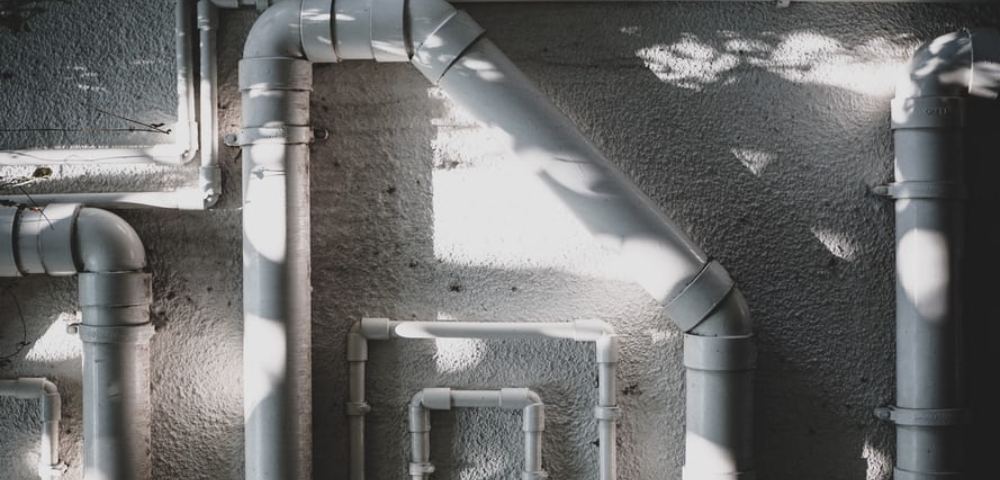Benefits of getting a plumbing repair
September 28, 2021Best Time for Roofing Repairs or Replacements
March 3, 2022
- Faucet that drips
The most obvious disadvantage of a dripping faucet is that it wastes water. If a faucet drips once every second, there are 86,400 drips every day. That’s 5.7 gallons of wasted water every day, based on a drip rate of 15,140 drips per gallon. That’s about 2,000 gallons each year, or roughly 8 tons of water, literally flushed down the toilet. These are simply the figures for a single faucet. If there are multiple leaky faucets in the house, the waste soon accumulates. You’re squandering a lot of water even if you have a slow-drip faucet.
- Toilet that is not flushing
The wastefulness of a running toilet is significantly more than that of a leaking faucet. What’s the worst that can happen? A little toilet, on the other hand, wastes roughly 20-30 gallons of water every day. A large toilet wastes more water, whereas a running bidet wastes a dozen tons of water per month. If a few of rapid handle jiggles don’t stop your toilet from running, you should call a plumber.
A plumber will be able to correct the situation. The toilet will occasionally run for only a second or two at a time. This is the well-known “haunted toilet,” which appears to be flushed by a ghost. The reason it does this most of the time, though, is all too real: a worn-out stopper. When changing a toilet, it’s a good idea to replace all of the inner workings as well. You won’t have to make two service calls in fast succession this way.
- Toilet Clogged
Toilets that are clogged are inconvenient. They are overflowing. They have a foul odor. Waste is strewn on the floor. Worse, they could be a symptom of a much more serious problem than you might think: septic system damage.
Clogged toilets, fortunately, aren’t always an indication of bad plumbing or approaching disaster. They should be evident after a few strong plunges. Even yet, there are instances when you will want the services of a plumber. If water or sewage backs up in many spots throughout the house, for example, something is really wrong.
When these scenarios arise, the obstruction could be anywhere in the house, from the septic tank to the sewage system. To clear the blockages, a skilled professional plumber may need to employ heavy instruments. Clogs can occur when people flush items that shouldn’t be flushed, such as hair, dental floss, or food.
- Pipes that are leaking
When it comes to deciding whether or not to hire a plumber, most people think about leaking pipes first. A leaking toilet pipe, a leaking pipe under a sink, or just about any other pipe in your home could be the culprit. Leaky pipes, like leaking faucets, waste a lot of water and cause damage to your home. Water rots wood, rusts metal, and pools to provide breeding grounds for bacteria and disease-transmitting insects.
Pipes that are leaking and other fixtures that need to be replaced may need to be replaced. Even the best-made products deteriorate over time. If the problem is a fixture, it could be so ancient that finding replacement parts is impossible, thus it’s best to replace it. Metal or PVC pipes may be replaced far more easily than a whole system. A skilled plumber can not only advise you on the best course of action, but also conduct the necessary repairs on everything from a leaking pipe under the sink to signs of a near-gusher behind the drywall in the hallway.




